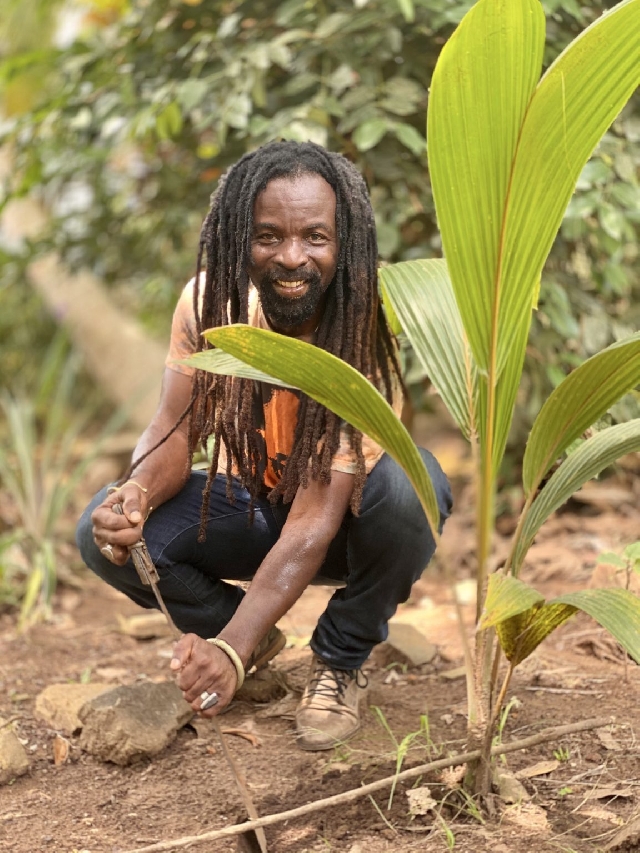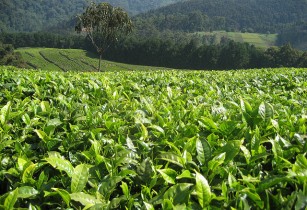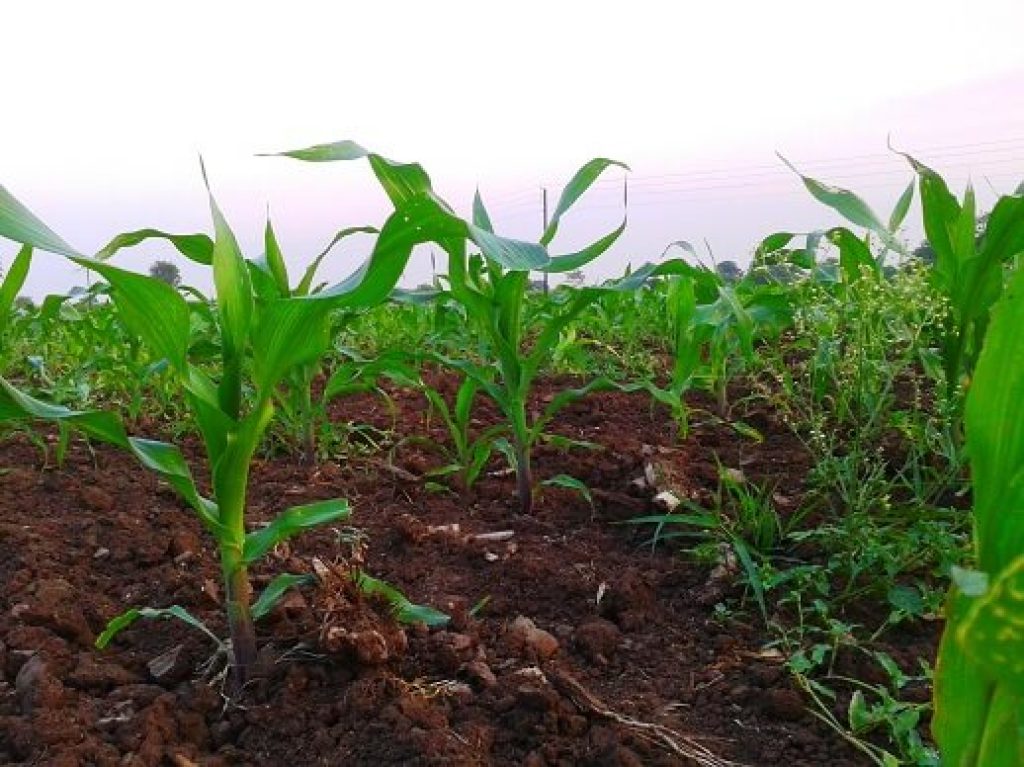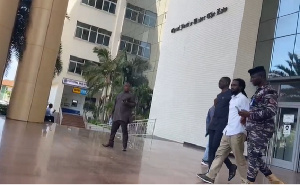
Rocky Dawuni urges Ghanaians, Africans to go into organic farming to ensure food security3 min read


Rocky Dawuni
Ghana, like many other African nations, faces the challenge of providing enough food to meet the needs of its growing population.
Despite being an agricultural nation, Ghana still spends a considerable amount of money importing food items every year.
According to the Ghanaian Ministry of Finance, the country spent $1.9 billion in 2021 and $2 billion in 2022 on the importation of agricultural and related products. This is a significant amount of money that could be put towards other developmental projects.
Organic farming has been touted as a way to reduce the need for imports and ensure food security.
Ghanaian Reggae musician and multiple Grammy nominee, Rocky Dawuni, has been using his platform to advocate for organic farming as a solution to food insecurity in Ghana and Africa as a whole.

Organic farming is a method of agriculture that relies on natural fertilisers and biological pest control instead of synthetic chemicals.
Rocky believes that embracing organic farming practices will not only improve food security but also promote environmental sustainability.
According to a report by the Food and Agriculture Organisation (FAO) of the United Nations, Africa has the highest percentage of undernourished people in the world.
“My advice is that this [farming] is the future because it will ensure our ability to be self-sufficient and to guarantee food security in an age when we (Africa) has the fastest growing youth population in the world,” Rocky comments.
“This will tie into the overall argument for protection and conservation of our environment, our trees, our biodiversity, indigenous species.
“Protecting the environment will also boost tourism which in turn creates [revenue]. Organic farming promotes general health and well-being of the populace and so much more,” he adds.
Rocky is a strong advocate for organic farming in Ghana and is investing heavily in it.

“Currently I am growing coconuts, mangos, cocoa, okra, corn, tomatoes and plan to grow much more. I am working on promoting food-based reforestation by planting of food trees such as breadfruit, ackee, mango and coconuts. I also have small organic home gardens for the household needs,” he discloses.
Rocky’s belief is that agriculture has always been the foundation blocks for every form of development and prosperity.
He notes that the decline in productivity in Ghana is due to a lack of innovation in traditional agricultural systems to attract the new generation.
According to him, organic farming is not only beneficial for food security, but it also promotes general health and well-being.
Rocky notes that the reason why he pushes for organic farming is that he believes it is clean food and non-toxic.
“This is crucial in a world where many people are becoming increasingly aware of the health and environmental issues associated with pesticides, weedicides, and herbicides,” he noted.
“For example,” he adds, “The entire country of Mexico recently banned Glyphosate as well as GMO corn. This shows the growing concern for the health implications of non-organic farming.”
He added that more people in Europe and America are also embracing the need to consume organic foods and Ghana and Africa needs to take the opportunity to export more organic foods.

“There are a lot of opportunities globally for organic and non-GMO foods for export as well as job creation for the teaming youth in Africa,” the renowned musician and humanitarian indicated. “Organic farming puts the power of self-sufficiency into the hands of the people which in the long run will ensure the resilience of the nation.”
Africa has the fastest-growing youth population in the world, and Rocky urges the African youth to embrace agriculture as a tool for now and the future.
He decries the notion that agriculture is a non-aspirational endeavor that is only for older people.
This mindset has contributed to a policy of importing a lot of food that could have easily been grown locally.
The urgent need to change this mindset is critical, especially considering the economic crisis currently facing Ghana.


















